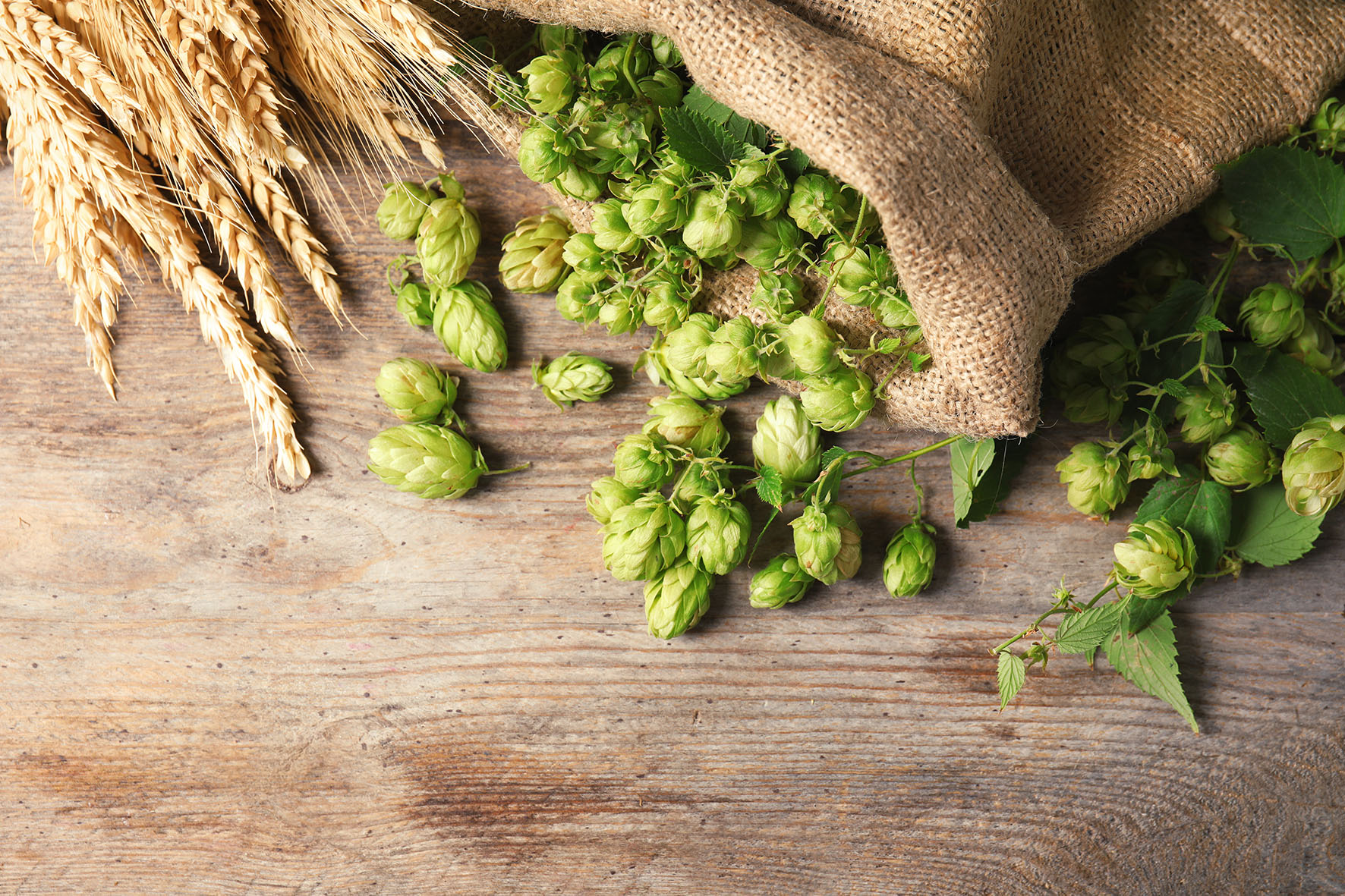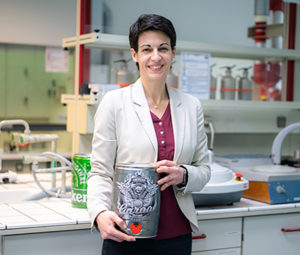Sustainability plays a crucial role in today’s society and has gained significance in the brewing industry. For breweries, sustainability means taking responsibility for the environment and actively working towards climate, water, biodiversity, and soil protection.
Sustainability for breweries means more climate protection!
Breweries are increasingly adopting measures to reduce their carbon footprint. An example is the enhanced use of renewable energy. Some breweries invest in solar or wind energy to cover their energy needs, minimizing greenhouse gas emissions. Many breweries now also embrace electromobility, switching to electric trucks and forklifts. Clemens Härle Brewery in Leutkirch, for instance, has been brewing and distributing carbon-neutral since 2009, relying on a wood chip system fed by regional forests, saving about 350 tons of carbon dioxide annually.
The Bitburger Brewery Group also focuses on reducing its carbon footprint. With a cogeneration unit at each location, they’ve reduced carbon dioxide emissions from primary energy sources by 62% since 2008. In Bitburg, more than 75% of self-generated electricity is used, providing relief to power grids, and the waste heat is reused in the brewing process. Krombacher Brewery, too, has two cogeneration units and sources half of its electricity consumption from eco-friendly providers. In 2021, the company operated climate-neutrally at its main location in Krombach. These are just a few examples; many other breweries have taken significant steps towards climate protection, even with substantial investments. A positive sign for all parties involved, especially for our environment.
Water is life!
Breweries depend on an adequate water source, leading them to focus more on sustainable water management. One example is the reduction of water consumption in the brewing process and water reuse. Krombacher Brewery in Germany, for instance, aims to use 20% less water in brewing by 2030 compared to 2008.
Sustainability promotes biodiversity and species protection

Agricultural production of brewing ingredients can impact local flora and fauna. Breweries are therefore increasingly involved in biodiversity conservation. Veltins Brewery in North Rhine-Westphalia actively supports biodiversity through organic farming and the planting of flowering strips in fields, promoting plant and insect diversity in cultivation areas.
Preserving our soils as a contribution to sustainability
Maintaining soil quality is essential for the sustainable cultivation of brewing ingredients. Breweries thus opt for environmentally friendly cultivation methods and abstain from harmful chemicals. The Bitburger Brewery Group in Germany, for example, advocates for the sustainable cultivation of barley, supporting farmers in transitioning to organic farming, thus promoting soil conservation.
Envases focuses on sustainability, circular economy and waste reduction!

Envases pursues a circular economy approach with its Minikegs, emphasizing the reuse of metal. “In general, our tinplate packaging can already be recycled to 86.4%,” explains Michael Tischler, Marketing Manager at Envases Öhringen GmbH. “Metal is 100% recyclable, making it a long-lasting and economical part of the recycling cycle. The kegs are designed to be recycled and reintegrated into the production process after use, minimizing waste and supporting sustainable resource utilization.
For Envases Europe, sustainability is THE topic of the future. The company joined the Science Based Targets initiative last year to reduce greenhouse gas emissions through scientific means and establish a sustainable approach for the future. Thermal post-combustion is already utilized to avoid emissions, and waste heat is used for system cooling. PFAS-free coatings and the continuous development of thinner sheets for material savings are implemented measures. Additionally, the company invested 3.4 million euros in a large photovoltaic system for Plants 1 and 2 in Öhringen. There’s much more to be done, but the first important steps have been taken. The Minikeg, as a container, can also be used by breweries committed to sustainability.
‘ZNU goes Zero’ – collaborating for more sustainability in breweries
“ZNU goes Zero” is an initiative by the ZNU – Center for Sustainable Corporate Management (Zentrum für Nachhaltige Unternehmensführung), focusing on promoting and implementing sustainability measures in companies. Breweries joining the “ZNU goes Zero” approach commit to shaping their business practices with a clear focus on environmental protection and sustainability.
The initiative covers various dimensions of sustainability, including climate protection, water protection, species protection, and soil protection. By participating in “ZNU goes Zero,” breweries not only signal their commitment to environmental protection but also benefit from a clear framework for implementing sustainable practices. The initiative encourages the exchange of best practices and enables breweries to work together on solutions to sustainability challenges in the brewing industry. This not only contributes to a positive environmental impact but also strengthens commitment to social responsibility and future-oriented corporate management.
These examples demonstrate that breweries are increasingly prioritizing sustainability, aiming to achieve not only ecological benefits but also economic and social advantages. The integration of environmental protection with efficient production practices represents a forward-thinking approach for the brewing industry in the 21st century.
Bildquelle: Titelbild, Adobe Stock, Nr. 226147134 / Bild 1 im Fließtext, Adobe Stock, Nr. 499125928 / Bild im Fließtext, Adobe Stock, Nr. 624167202



